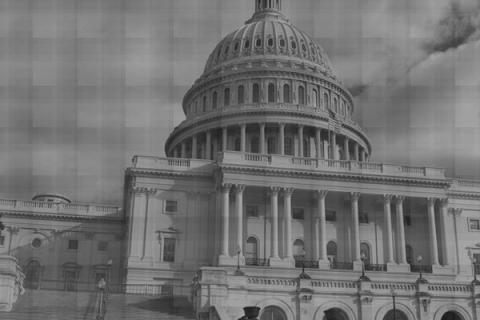(Credit: digitaltrends.com)

While President Barack Obama held a one-hour news conference last Friday to discuss, among other topics, the NSA's surveillance of Americans' e-mails and phone records, two e-mail providers shut down their encryption services. One was voluntary and the other was likely the result of government coercion.
The first company to shut down its service was Lavabit. Hours after this on Friday, Silent Circle followed suit by shutting down its e-mail service, Silent Mail.
NSA leaker Edward Snowden, a one-time Lavabit user, used the service as recently as July in a briefing at the Moscow airport.
Lavabit owner Ladar Levison announced it was shutting down its service with all implications pointing to a US government directive. In his own words, Levison stated he took this course of action so he would not be "complicit in crimes against the American people." Levison also announced that he could not legally speak about the case, saying:
"I wish that I could legally share with you the events that led to my decision. . . . the first amendment is supposed to guarantee me the freedom to speak out in situations like this. Unfortunately, Congress has passed laws that say otherwise. [So] I cannot share my experiences over the last six weeks."
Lavabit is beginning the appeal process to the US Fourth Circuit Court of Appeals over the pressure to shut down its service and hand over its data. In a particularly jarring admission, Levison also said, "I would strongly recommend against anyone trusting their private data to a company with physical ties to the United States" (emphasis in original).
he was "looking into setting up a site where users can download their data and set up a forwarding address." However, Levison also said, "I will make it clear that I don't plan to use any encryption for that site. [People] should only use it if they feel comfortable with the information being intercepted. And yes, I do plan to have that disclaimer on the site."In an interview with CNET, Levison said
In an online post to its users, Silent Circle announced that, in contrast to its competitor, it had not been served with warrants or subpoenas. Silent Circle announced they are cutting their services because they "see the writing on the wall" and decided to get out of the business before government pressure escalated. Silent Circle users' messages were deleted on Friday morning.
However, Silent Circle's CEO, Michael Janke revealed that the company might have been next on the government's list:
"There are some very high profile people on Silent Circle - and I mean very targeted people - as well as heads of state, human rights groups, reporters, special operations units from many countries. We wanted to be proactive because we knew USG [US government] would come after us due to the sheer amount of people who use us - let alone the 'highly targeted high profile people.'"
In an interview with Forbes, Silent Circle co-founder Phil Zimmerman said the company is planning on adding servers in Switzerland, where government surveillance is believed to be less invasive. He also recommended Hush Mail for a secure e-mail service, although Hush Mail has also had its run-ins with the government.
As they stand today, the cases of Lavabit and Silent Circle are different, although not markedly so. Lavabit appears to have been bullied by the US government in an effort to track messages to, from, or about the leaker Snowden. If government pressure to force private companies to relinquish customers' data continues, more companies may take the route of Silent Circle and surrender pre-emptively. However, the cases of e-mail encryption providers Lavabit and Silent Circle speak to the lengths the US government is seeking in monitoring American citizens and its efforts to capture Edward Snowden.
